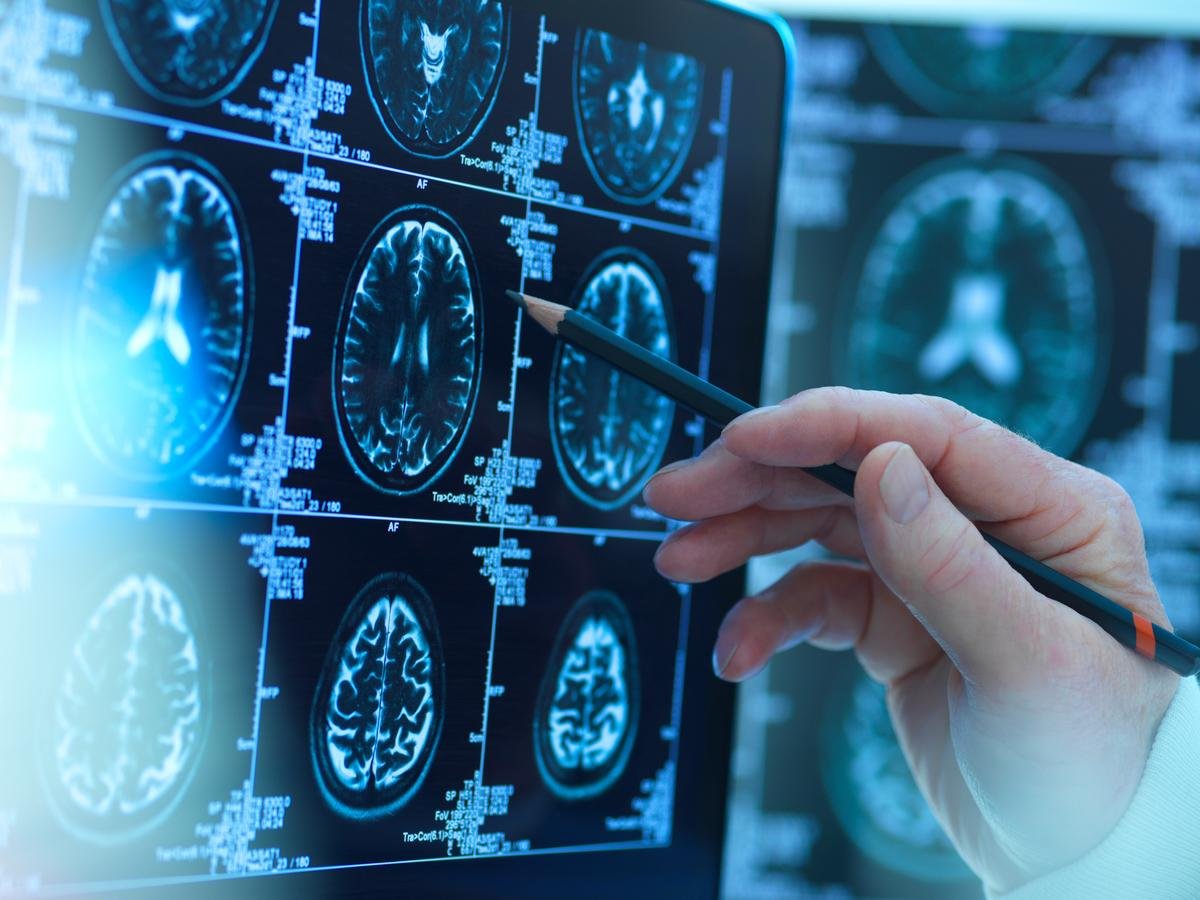Individual- and neighborhood-level indicators of social disadvantage linked to worse MRI outcome in pediatric-onset MS
By Elana Gotkine HealthDay Reporter
MONDAY, Dec. 2, 2024 (HealthDay News) — For patients with pediatric-onset multiple sclerosis (POMS), social determinants of health (SDOH) are associated with worse brain magnetic resonance imaging (MRI) outcomes, according to a study published online Nov. 27 in Neurology.
Ruby Ross, M.D., from the New York University Grossman School of Medicine in New York City, and colleagues conducted a retrospective single-site cohort study of patients with POMS with brain MRI quantitatively analyzed to yield total white matter lesion, black hole, whole brain, white matter, and gray matter volumes.
Data were included for 138 patients with POMS, with a mean age of 19.86 years and median disease duration of four years at the time of MRI. The researchers observed associations for public health insurance, Black race, Hispanic ethnicity, low parental education, and a high social vulnerability index (SVI) with white matter lesion and black hole volume. The strongest individual predictor of total white matter lesion and black hole volume was SVI (β = 4.63 and 2.91, respectively). Public health insurance was the strongest predictor of total lesion and black hole volume in models incorporating all SDOH variables (β = 2.48 and 1.50, respectively), attenuating the effect of SVI. Between categories of social disadvantage, there were no differences seen in disease-modifying treatment timing or efficacy.
“Our findings suggest that childhood social disadvantage can have lasting effects on MS severity,” the authors write.
Copyright © 2024 HealthDay. All rights reserved.








